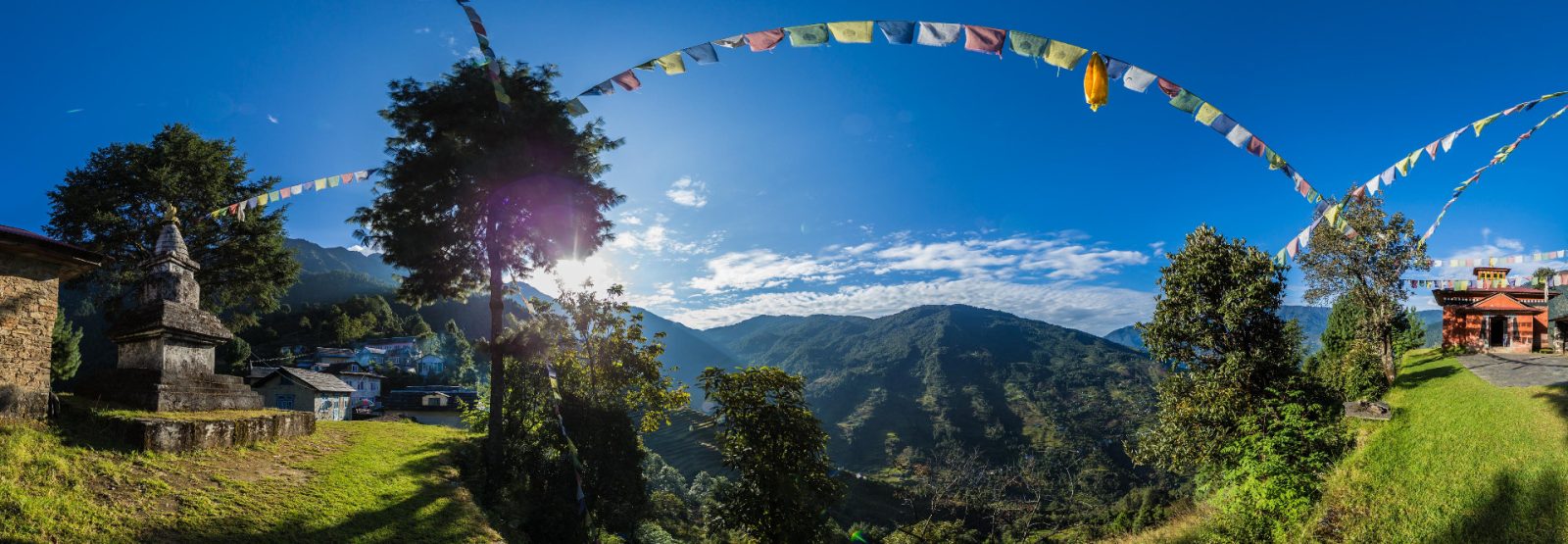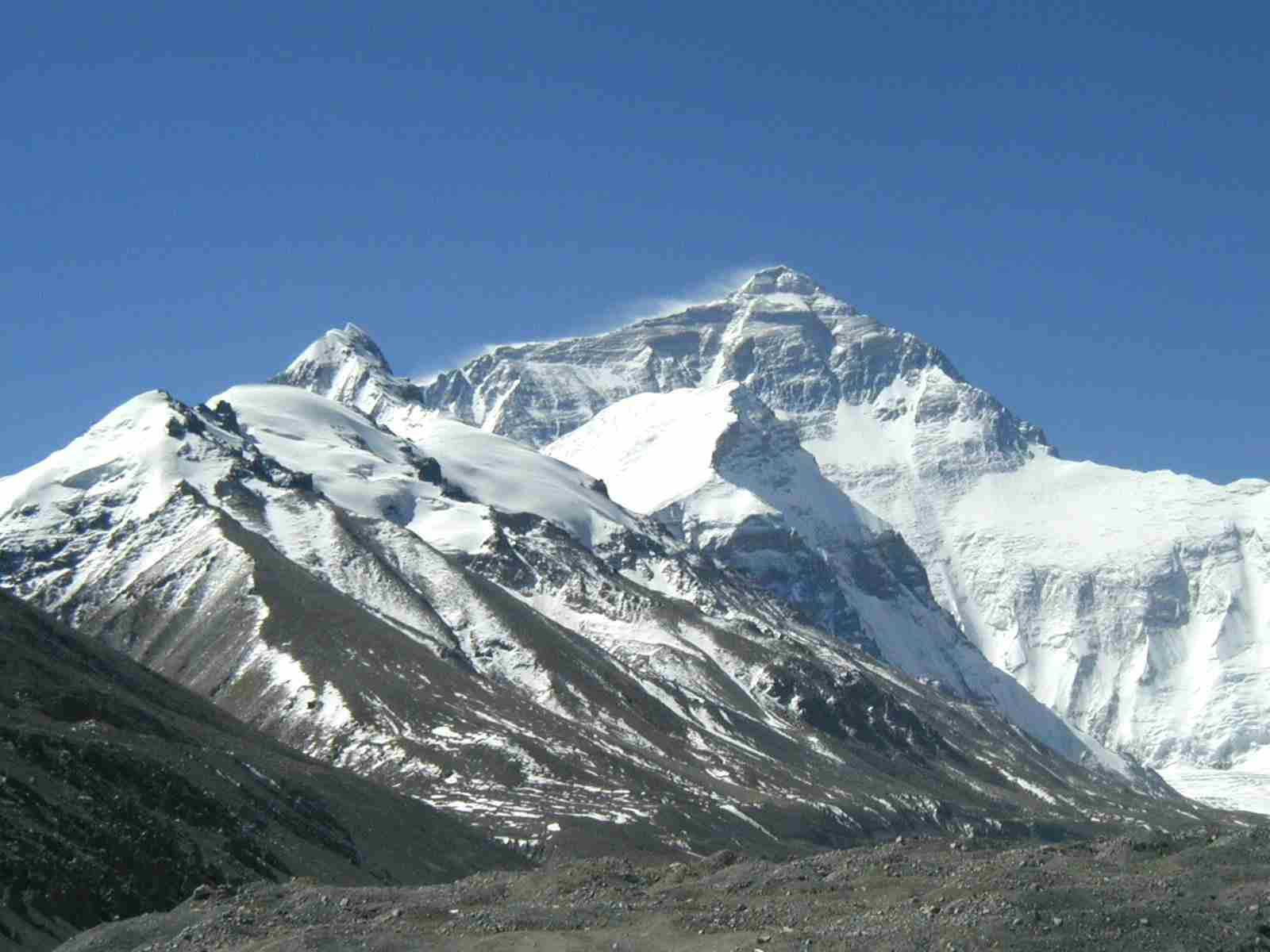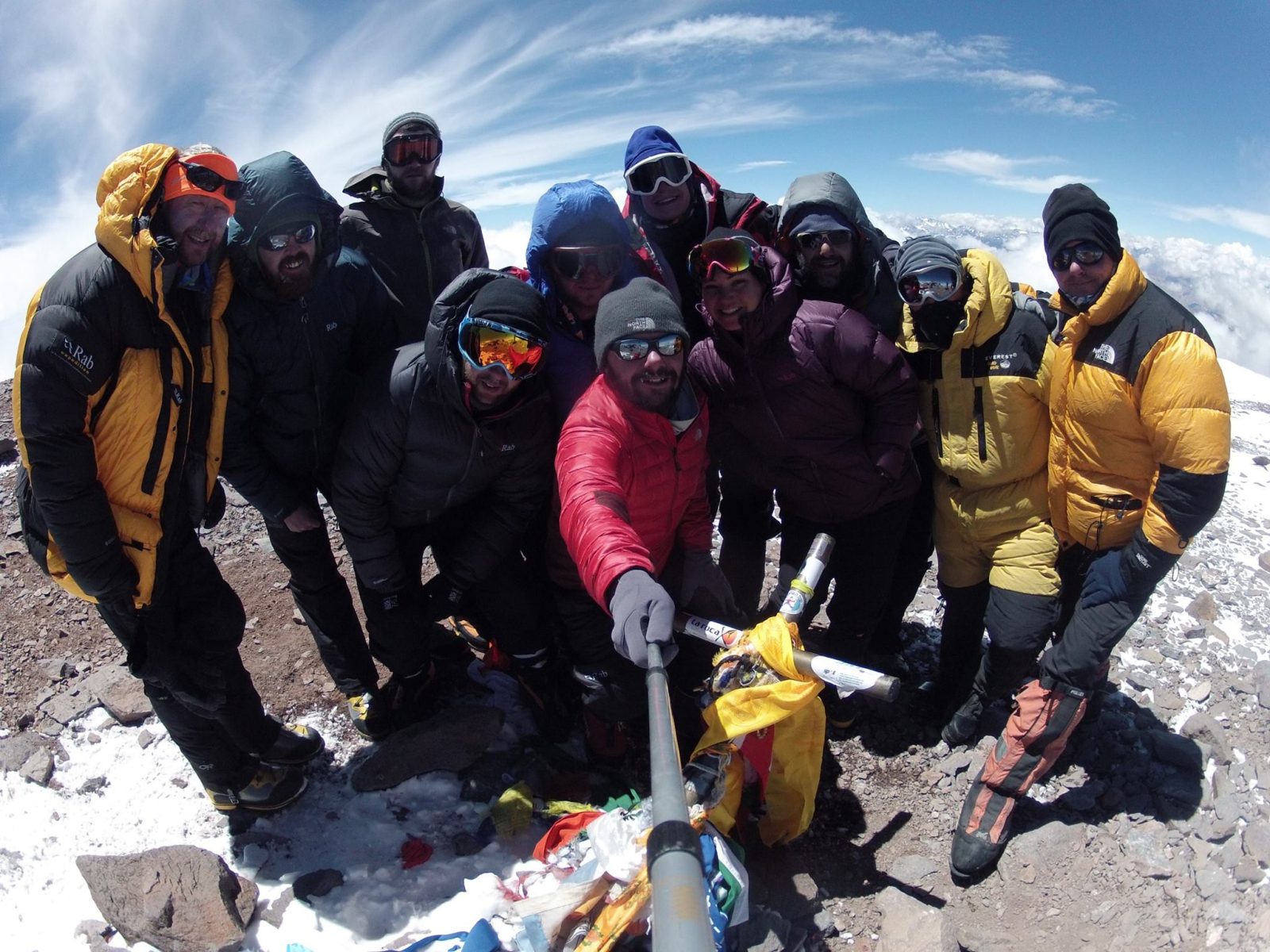
Laws in Bolivia
LAWS IN BOLIVIA
The following advice is intended to provide a brief outline of any laws in the destination country that are directly applicable to traveling there. This is not intended to be exhaustive or complete and laws do change from time to time so we strongly advise visiting the UK Foreign Office website and checking for their current advice.
In general the laws of any country will be based on the same values as at home but significant differences can be present subject to the prevailing cultural, religious and political environment in the country. These four basic factors can be your main guide to how to act in unfamiliar situations. If you are any doubt as to what to do in a given situation it is usually possible to identify the “safest” fallback option and go with it. For example, not buying something, not taking a photo of a government building etc.
This information should also be read in conjunction with our relevant pages dealing with Cultural Awareness and Visa Requirements.
Alcohol & Bars
Be aware that illegal bars exist in Bolivia. You may be detained for questioning if caught at a clandestine establishment, particularly if drugs are found at its location.
Drugs
Bolivia is the world’s third largest producer of cocaine. In their efforts to control the production, the government have harsh penalties for those caught trafficking or in possession. The minimum sentence is eight years. Prison conditions are very basic. Be very careful with your luggage and belongings and avoid any contact with prohibited drugs.
Photography
Be careful especially when carrying cameras or binoculars when travelling off the beaten track, particularly in coca-growing areas such as the Chapare and the Yungas.
Check before taking photographs of the local population.
Relationships
Homosexuality is not illegal, but is frowned upon by the majority of Bolivians, more so in the Altiplano than in Santa Cruz, where attitudes tend to be more liberal.
Book Your Adventure of a Lifetime Now
Discover our trips to other Countries
Adventure Alternative Articles

12 MONTHS, 12 MOUNTAINS
Climbing Calendar Ready for World Mountain Day In celebration of World Mountain Day, we've created a calendar for the year to make it easy for...

Mount Aconcagua Trip Review
January 2016 This year we had a team of twelve clients from four different countries – Iran, Ireland, England, South Africa and Argentina –...

Alcey’s Survival Skills Course at Lupa Masa Jungle Camp
SURVIVAL SKILLS COURSE AT LUPA MASA JUNGLE CAMP | ADVENTURE ALTERNATIVE In celebration of International Rural Women’s Day, we’re talking...